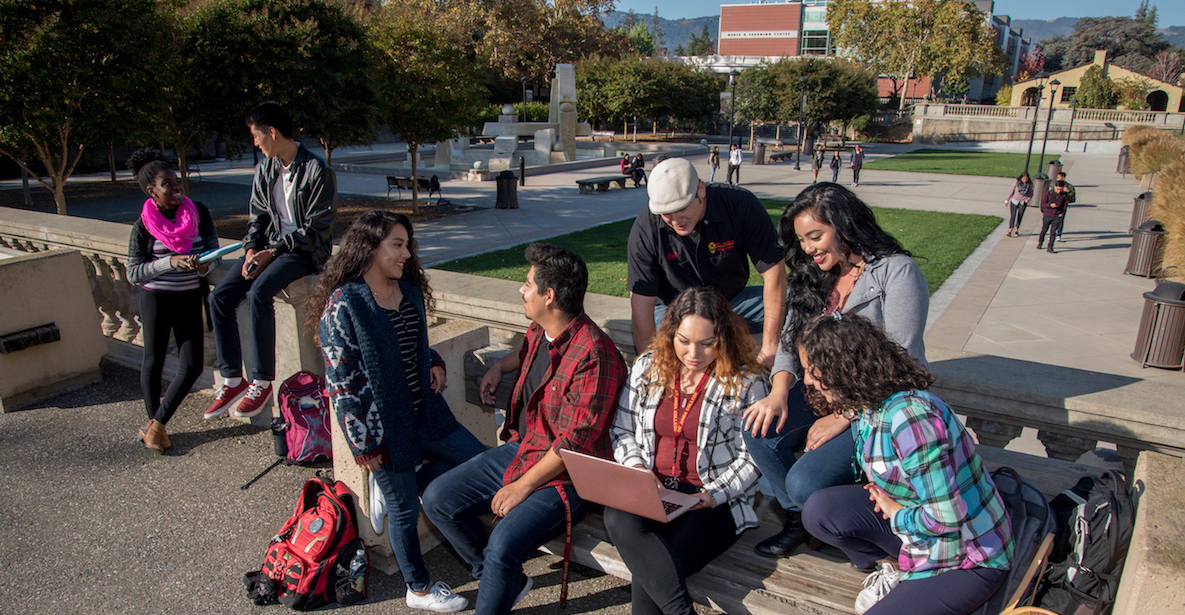A well-written cover letter is an effective way to present your qualifications to an employer. Cover letters are read, compared, and used to screen candidates for interview consideration. Your resume, when accompanied by a cover letter, is a sign of a serious and professional approach to job hunting. It will give employers whom you approach an indication that you are sincerely interested in their organization, and that you are giving them personal attention that would not be shown by the arrival of an unaccompanied resume. A well-written cover letter presents your ability to communicate in writing, as well as your organizational ability, both of which are pertinent to most positions.
Because a resume is included with each cover letter, it is important that the cover letter not simply duplicate the resume. That is, your cover letter should highlight your resume by identifying how you are qualified for the position and the reasons why it will be to the employer's advantage to hire you. It is valuable to state the reasons for your interest in that particular employer.
The cover letter should be as brief as possible and should be limited to one page. If possible, the letter should not be directed to sir, madam, or director of personnel. Find out who is responsible for hiring and direct the letter to that individual. When preparing a cover letter, keep in mind the following tips:
- Never mail a resume without a cover letter.
- Address by name and title the individual with the power to hire you, if at all possible.
- Plan your letter before you write it.
- Adapt the letter carefully to the qualifications required for the position.
- Open with an idea that captures the attention of the prospective employer so that the letter and resume are considered worth reading.
- Highlight and draw attention to the points in your resume that uniquely qualify you for the position.
- Include one or more questions in the cover letter that require a response if you are unsure what jobs are available -- this precludes a form letter reply.
- Close your letter with a request for an interview.
- Avoid jargon and trite language.
- Use paper which matches your resume and a high-quality laser printer -- never use photocopied form letters.
- Finally, special attention should be given to grammar, spelling, and neatness. The cover letter should represent your very best efforts.

